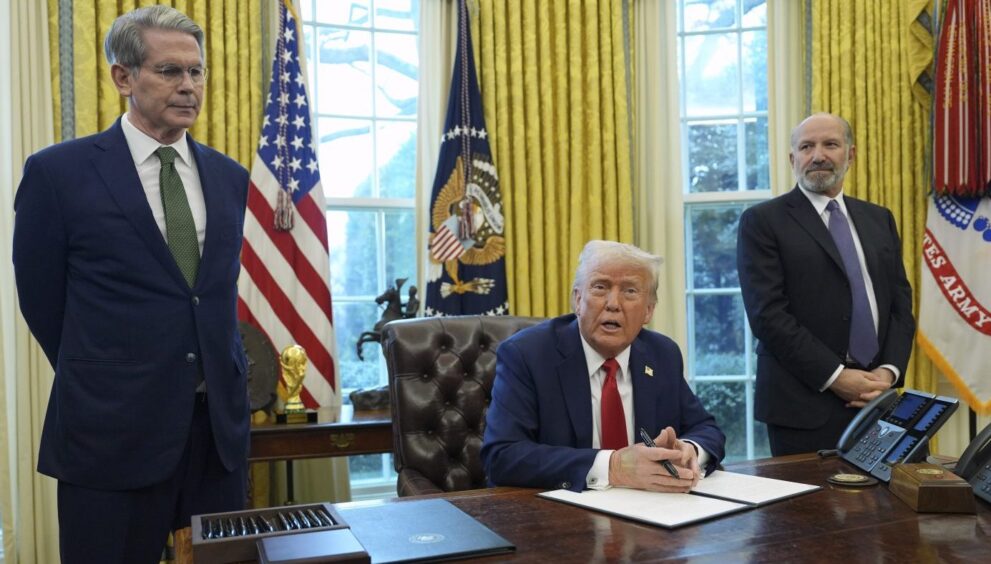The Viability of Establishing an American Sovereign Wealth Fund

Last week, President Trump issued an executive order to establish a sovereign wealth fund, a move that drew criticism from various ideological groups. The Treasury and Commerce secretaries now have 90 days to devise a comprehensive plan for this new initiative.
The main objective of this endeavor goes beyond traditional economic and political objectives. The primary goal appears to be to rebalance global trade flows and capital holdings in favor of the American government. Sovereign wealth funds, which are government-owned investment vehicles, aim to generate financial returns, with supporters arguing that the proceeds can substitute for taxes, pay off national debt, or address societal issues like inequality. With over 100 countries already having sovereign wealth funds totaling approximately $13 trillion, the United States now seems set to join their ranks.
The benefits outlined in Trump’s executive order echo familiar terms such as “economic growth” and “national competitiveness.” However, the actual goal is far more extensive and risky. The proposed strategy is in line with Stephen Miran’s proposal for restructuring the global trade system. Miran, nominated for chairman of the Council of Economic Advisors by Trump, seeks to improve global dollar hegemony by using tariffs, currency policy, and establishing a sovereign wealth fund as part of the broader policy framework.
Given that the U.S. dollar and Treasuries serve as global reserve assets, the United States continuously sends these assets abroad, leading to a decline in borrowing costs for the government. However, this poses domestic challenges such as an unsustainable debt-to-GDP ratio and erosion of the defense-industrial base. The sovereign wealth fund presents an opportunity to maintain fiscal discipline and generate returns by investing in both domestic and international assets, addressing the country’s fiscal vulnerabilities and improving overall financial stability.
The establishment of a sovereign wealth fund is not without its challenges, including initial financing, potential misuse for political gain by lawmakers, and the lack of expertise and efficiency compared to private-sector investment managers. Despite the risks and criticisms, the idea of an American sovereign wealth fund is bold, unconventional, and ambitious, with the potential to achieve the desired objectives set forth by the administration.






















































































































































































































































































































































































































































































































































































































































































































































































































































































































































































































































































































































































































































































































































































































































































































































































































































































































































































































































































































































































































































































































































































































































































































































































































































































































































































































































































































































